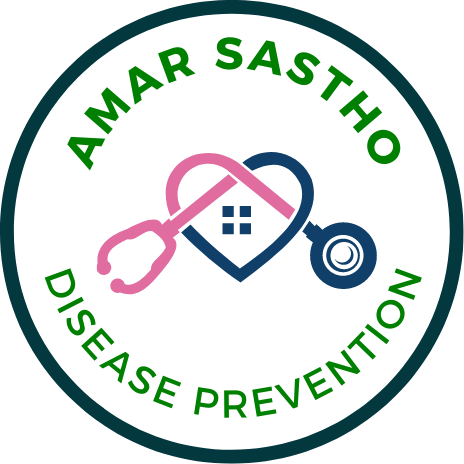Factors that can increase your risk of ovarian cancer include:
Older age:
Ovarian cancer can occur at any age but is most common in women ages 50 to 60 years.
Inherited gene mutations:
A small percentage of ovarian cancers are caused by gene mutations you inherit from your parents. The genes known to increase the risk of ovarian cancer are called breast cancer gene 1 (BRCA1) and breast cancer gene 2 (BRCA2). These genes also increase the risk of breast cancer.
Other gene mutations, including those associated with Lynch syndrome, are known to increase the risk of ovarian cancer.
Family history of ovarian cancer:
People with two or more close relatives with ovarian cancer have an increased risk of the disease.
Estrogen hormone replacement therapy:
especially with long-term use and in large doses.
Age when menstruation started and ended:
Beginning menstruation at an early age or starting menopause at a later age, or both, may increase the risk of ovarian cancer.

